The government is preparing to halt any increase to rail fares in England next year, marking the first time in three decades that ticket prices will be held steady. The freeze, which will run until March 2027, covers all regulated fares — including season tickets, flexible commuter options and many long-distance off-peak returns.
It comes after rail prices rose by 4.6% in March 2025, continuing a long pattern of annual increases often linked to inflation. Ministers are presenting the freeze as a direct attempt to ease living costs ahead of Wednesday’s Budget, where Rachel Reeves is expected to underline the cost-of-living crisis as a central theme. At the same time, she is widely tipped to announce a series of tax rises to plug a sizable shortfall in government finances.
Although regulated fares account for roughly 45% of all rail tickets in Britain, the policy applies only in England and only to operators based there. Unregulated fares — which operators set themselves — can still change, though they generally move in line with regulated prices. Last year, they rose more sharply than regulated tickets, pushing overall fare inflation above 5%.
Transport Secretary Heidi Alexander insisted the freeze is fully funded and will not come at the expense of rail upgrades. She argued that regulated prices typically shape the wider market, suggesting that unregulated fares are unlikely to spike in response. She also reiterated the government’s commitment to long-term investment in the network.
Rail operators welcomed the announcement, saying it will provide much-needed relief to regular passengers. Ministers claim commuters on the busiest routes could save more than £300 over the period of the freeze.
The move ties into the government’s broader plan to overhaul the rail system through the creation of Great British Railways — a new public body designed to bring greater coherence to track and train operations after years of fragmentation. Part of its remit will be to phase out the yearly blanket fare hikes that have become routine since the mid-1990s.
Labour has criticised the previous Conservative administration for what it calls years of “punishing” fare increases. Tories, meanwhile, argue they kept rises below inflation and protected commuters.
Alongside the freeze, the Budget is expected to include £1.3bn to promote electric vehicle uptake. However, ministers are also weighing up new charges for EV drivers, potentially including a pay-per-mile tax. Reeves is preparing a series of smaller revenue-raising measures after dropping plans to alter income tax rates, though she has not ruled out continuing the freeze on tax thresholds — a move that would quietly increase the tax burden as wages rise.
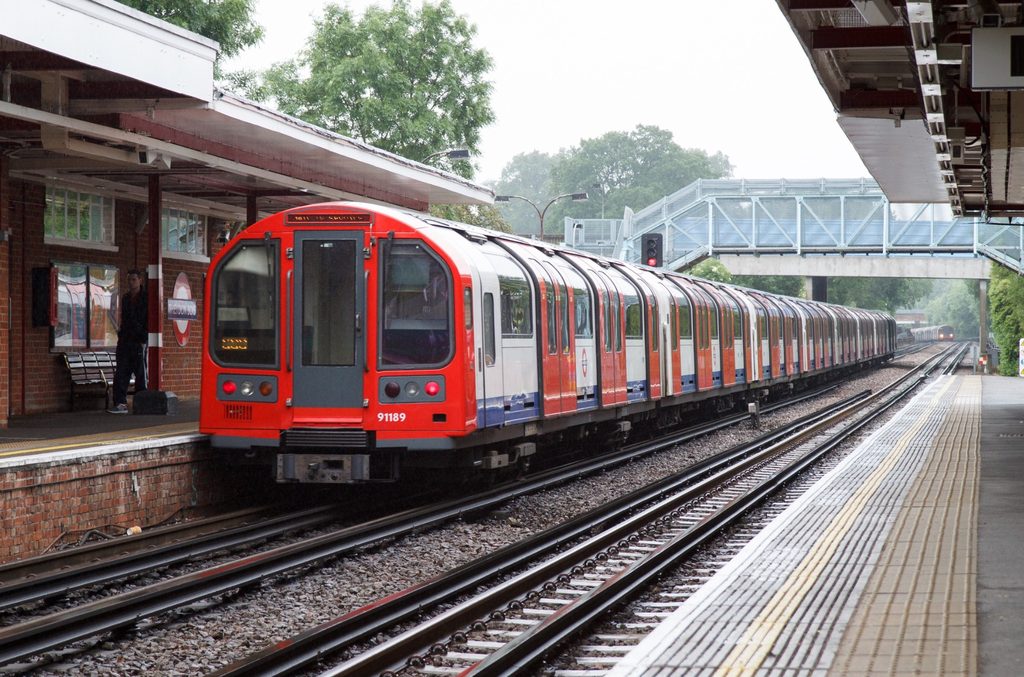
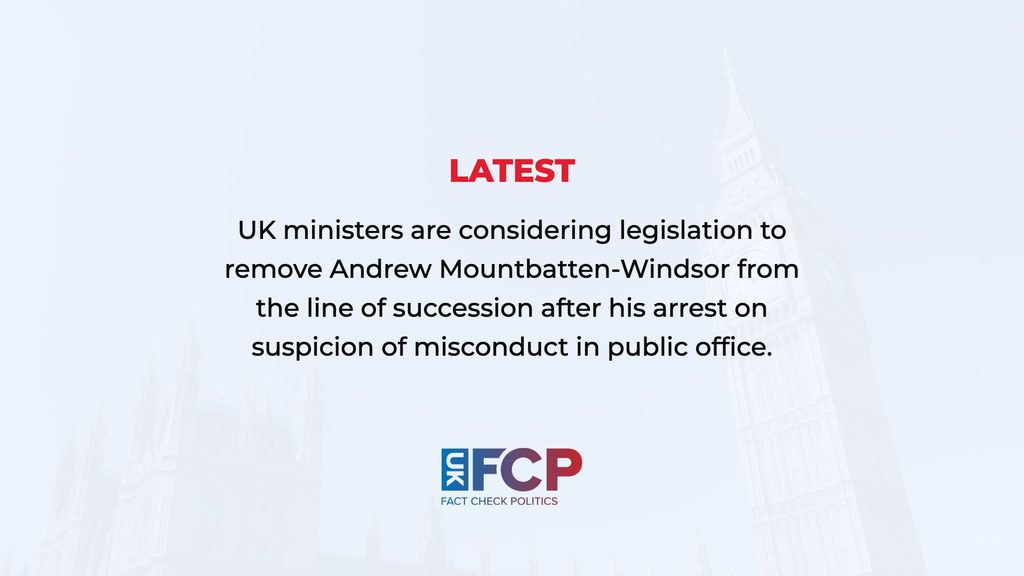
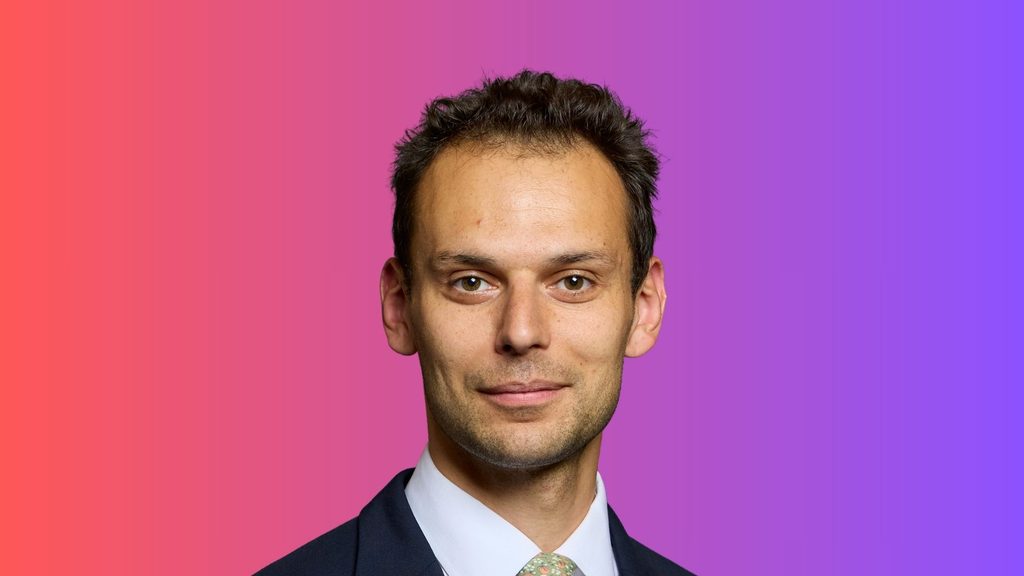
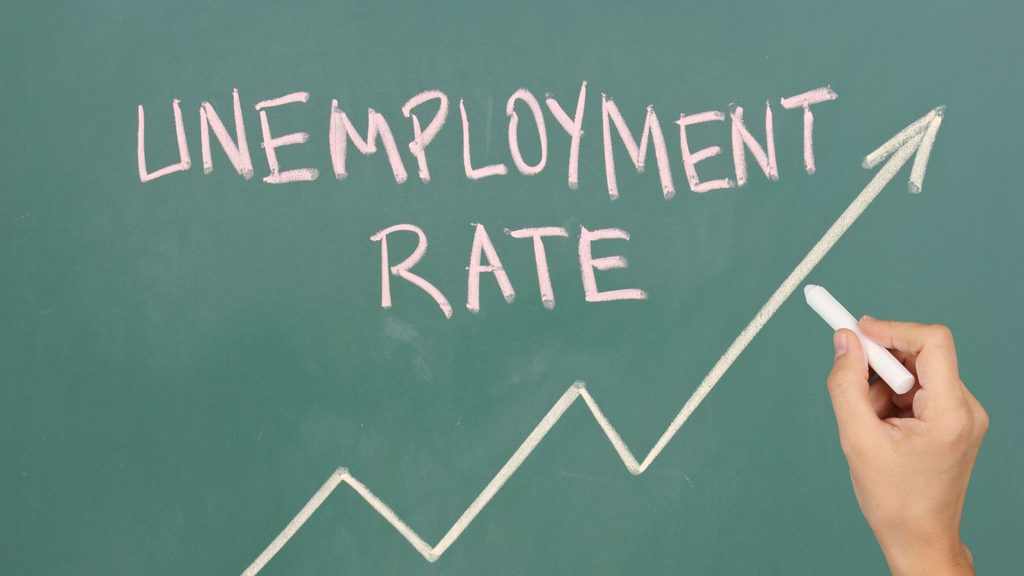

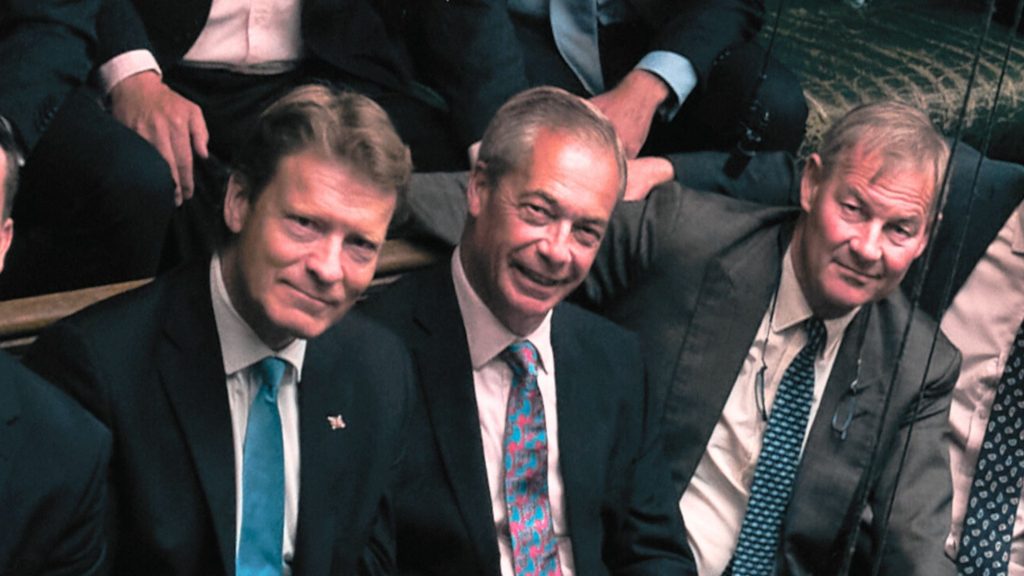
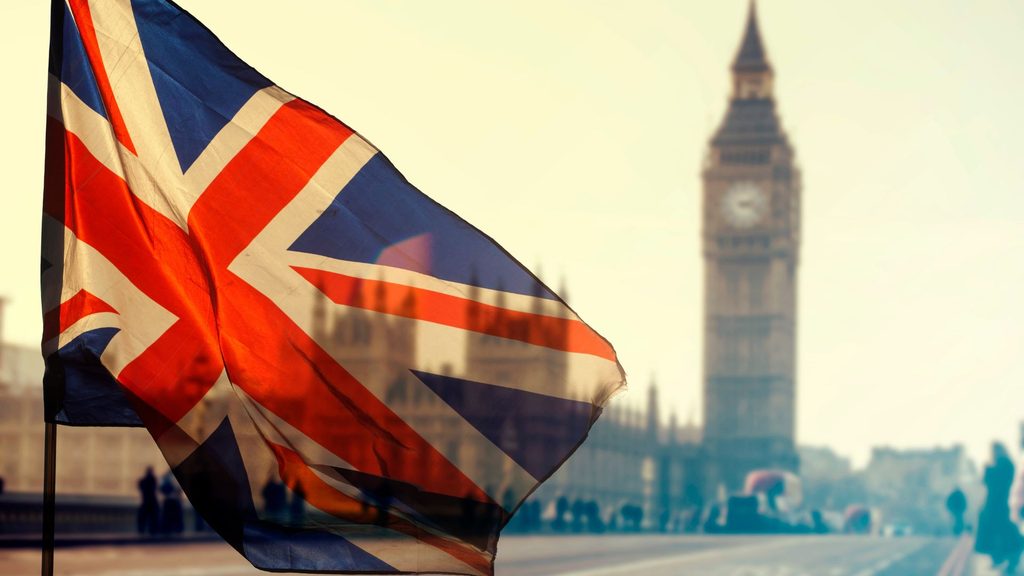
Comments
No comments yet. Be the first to comment!